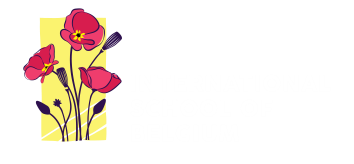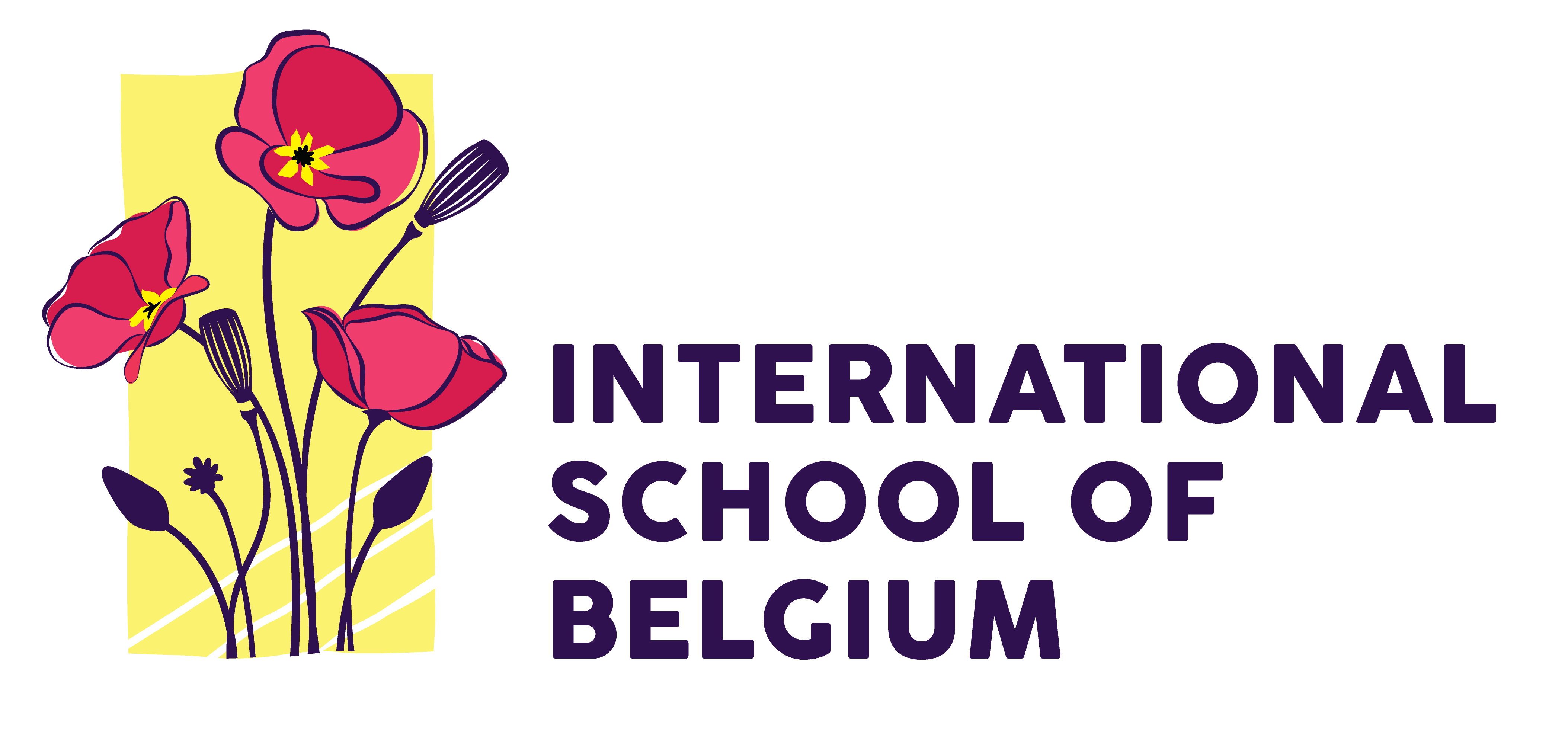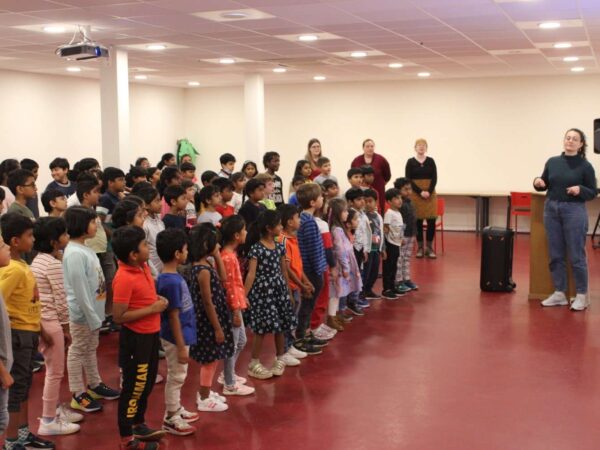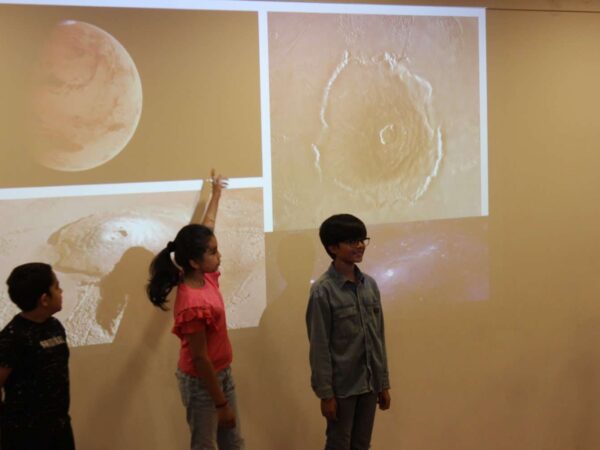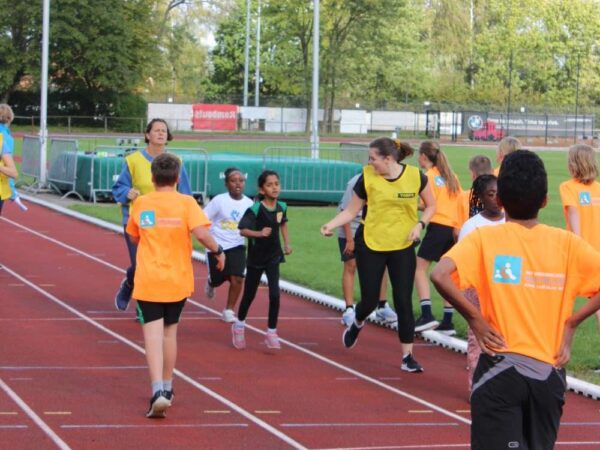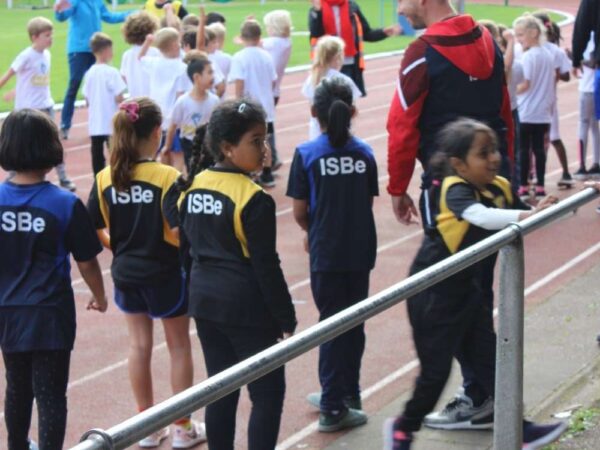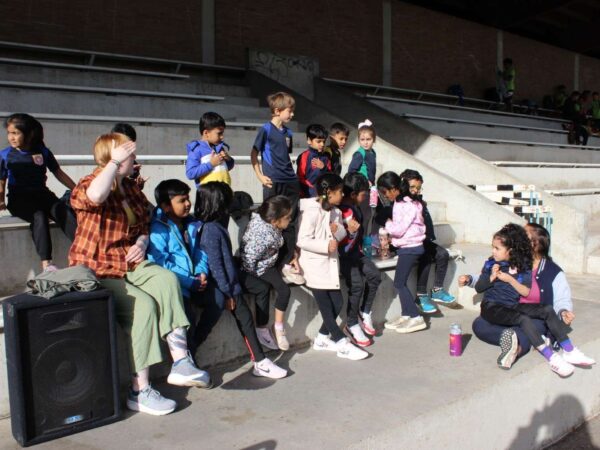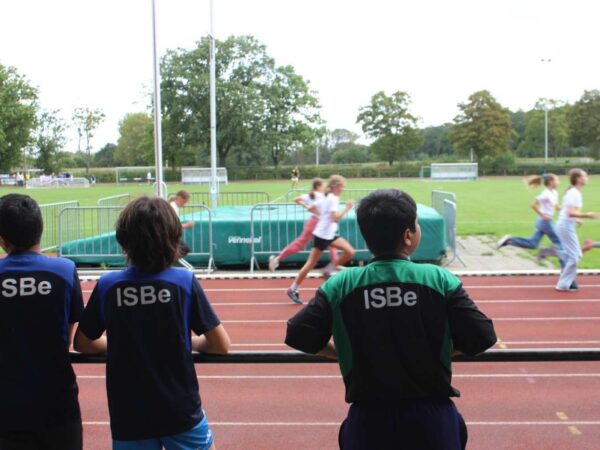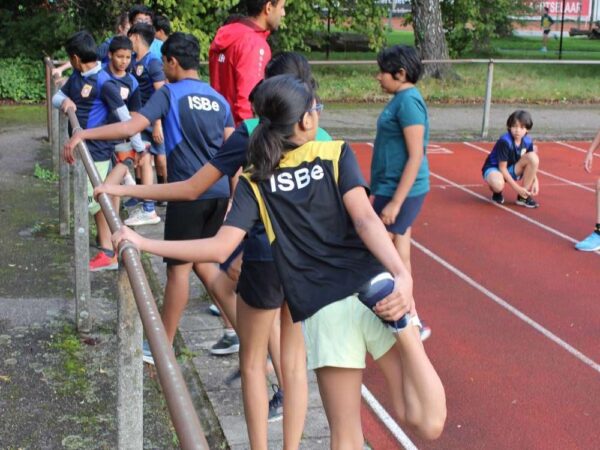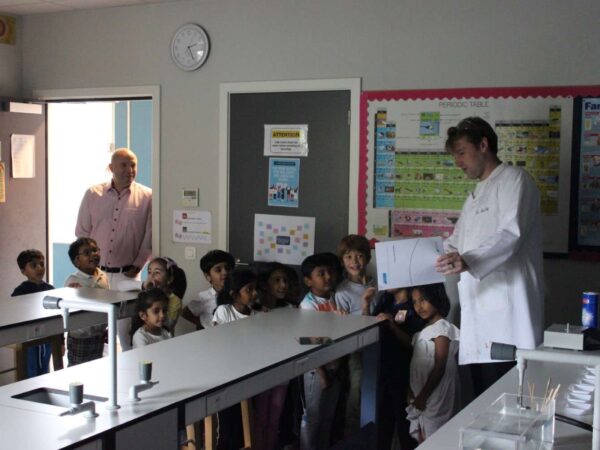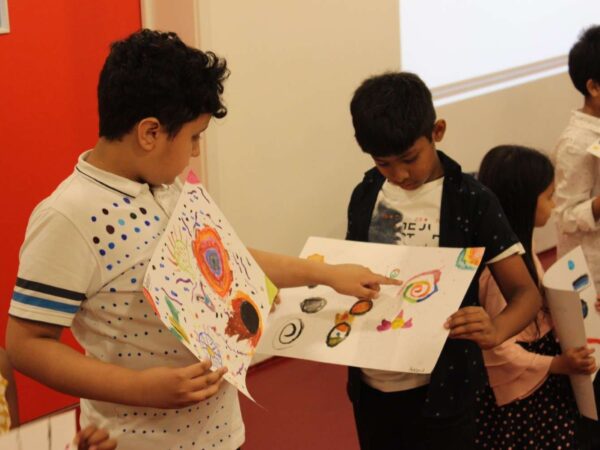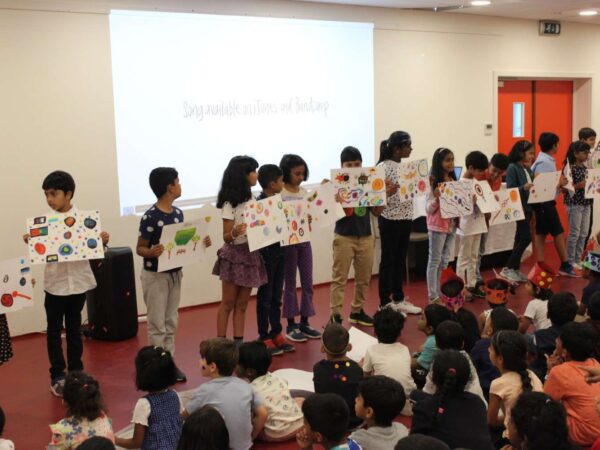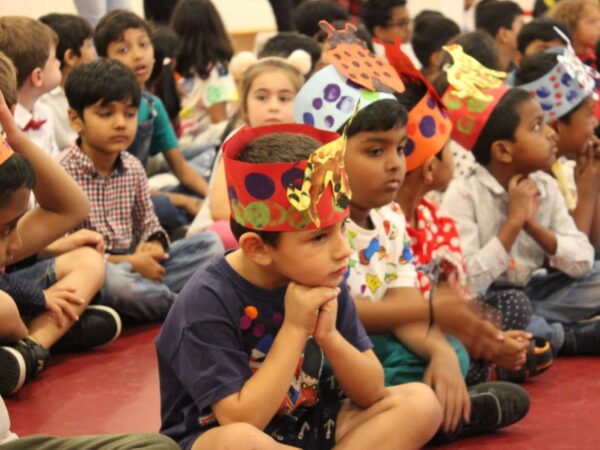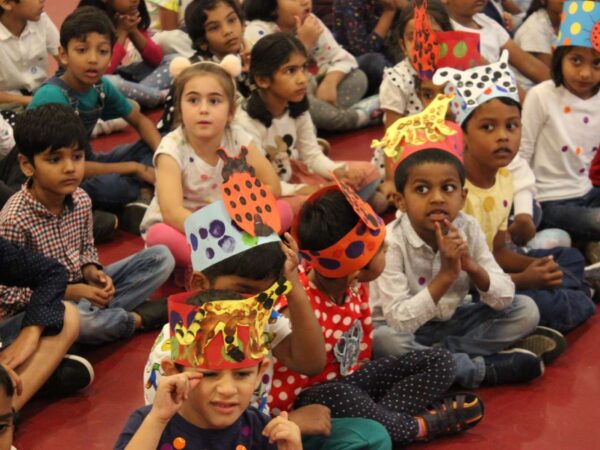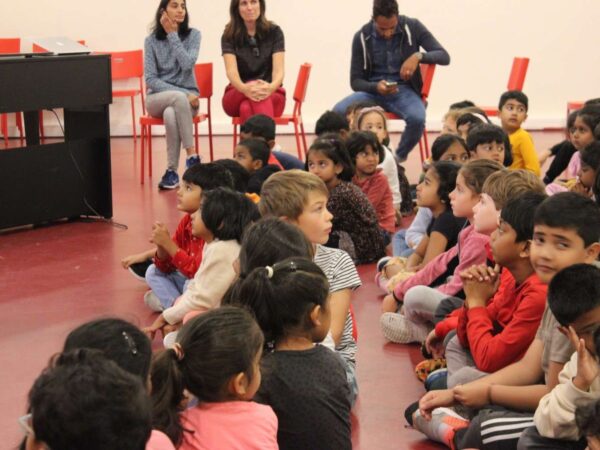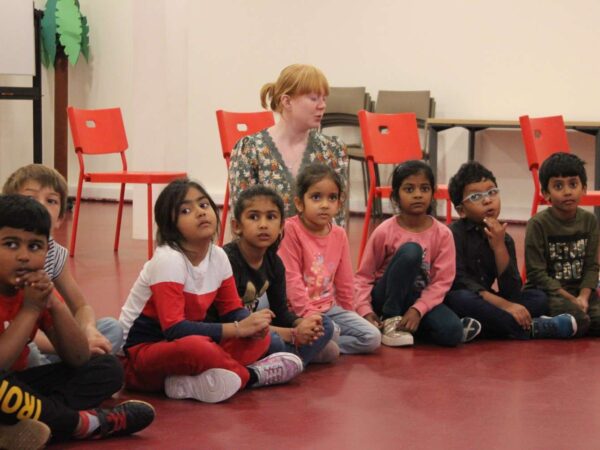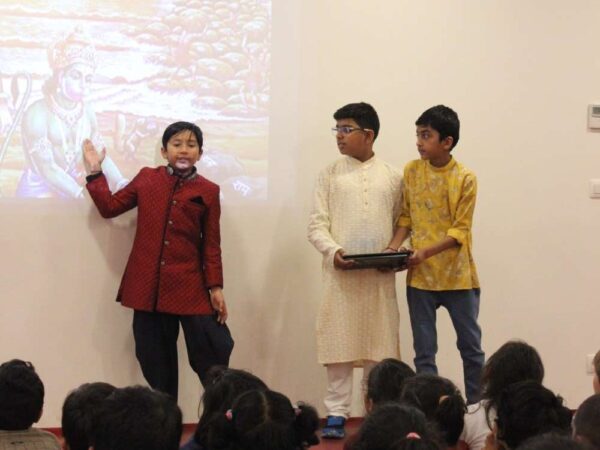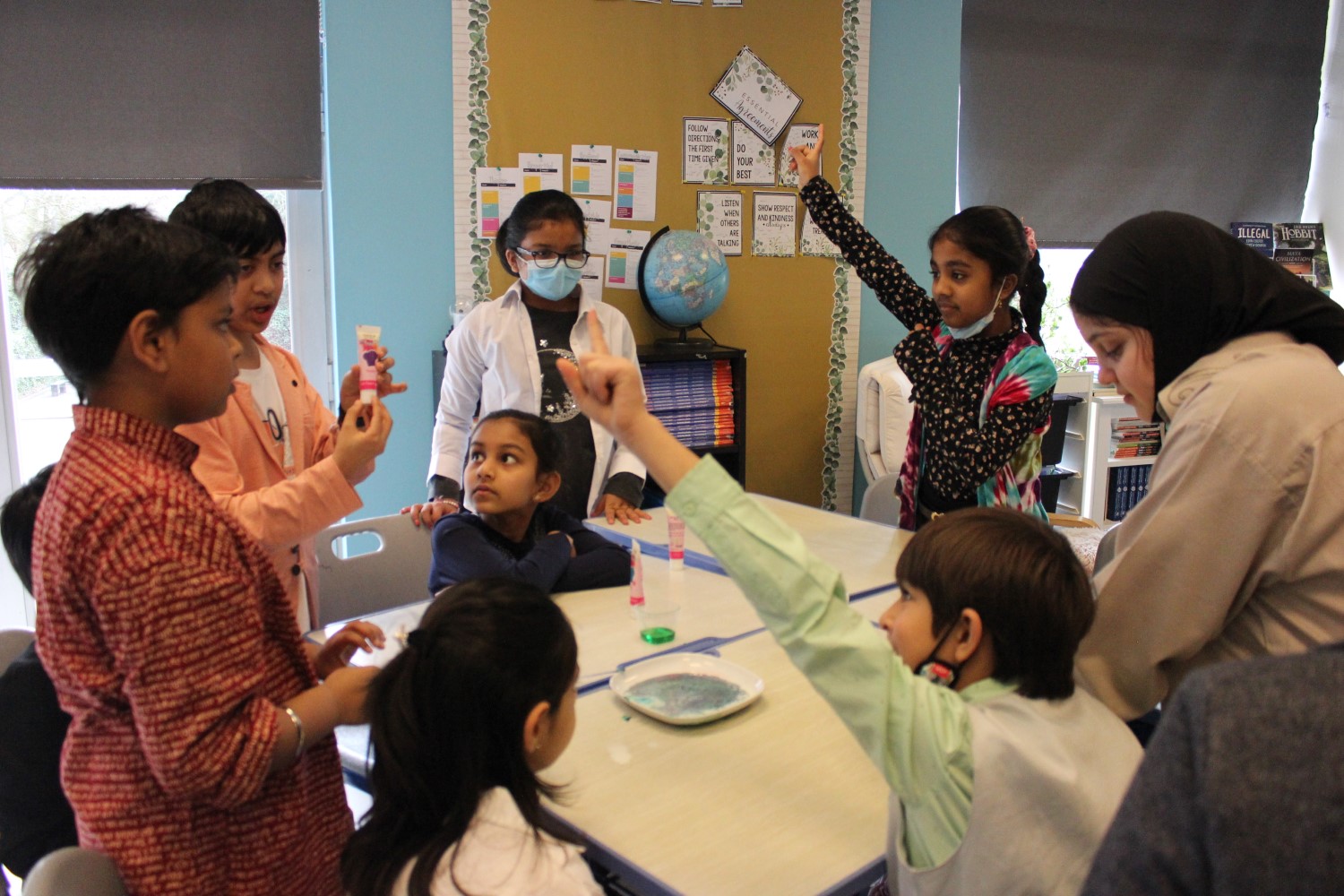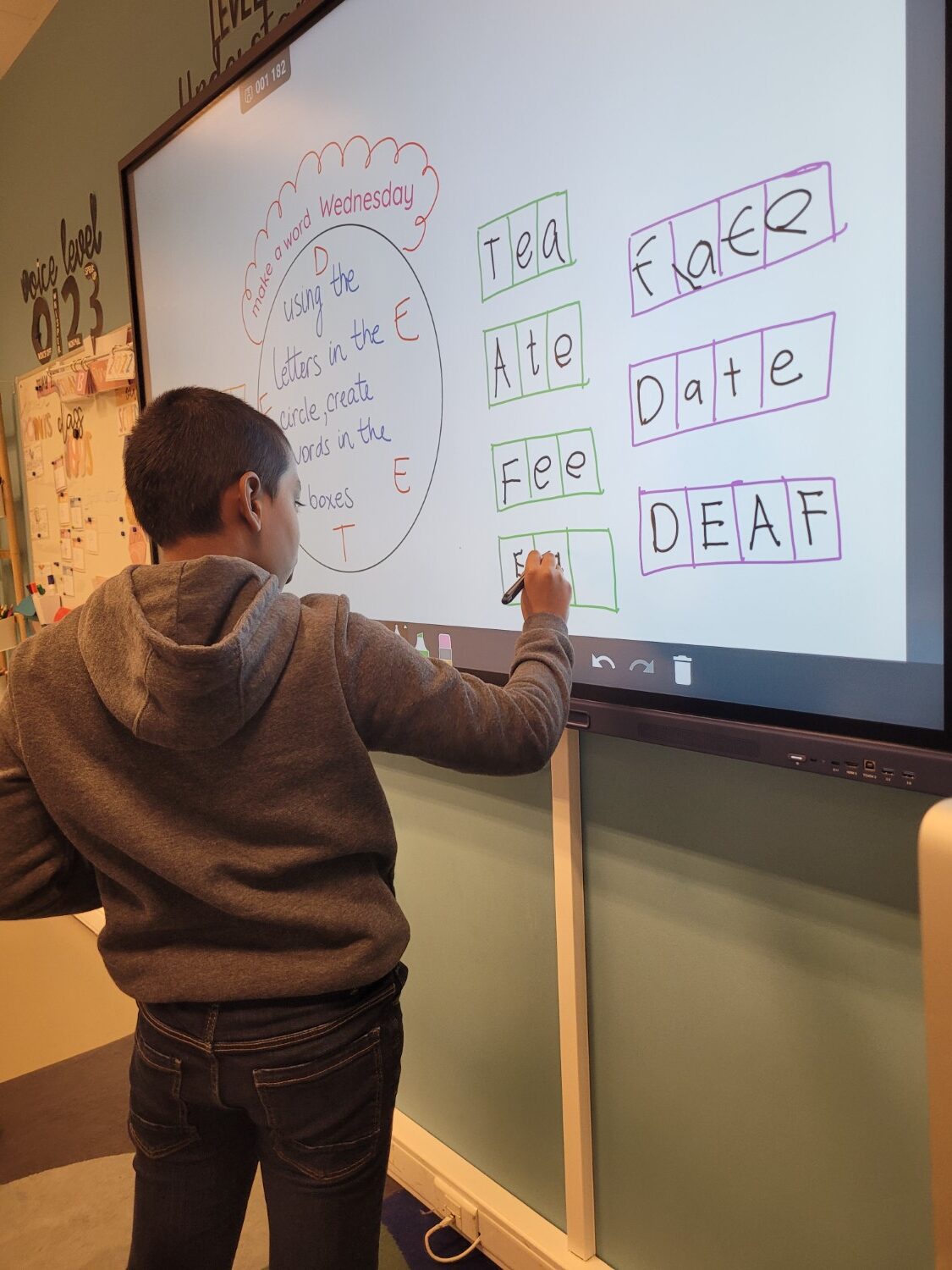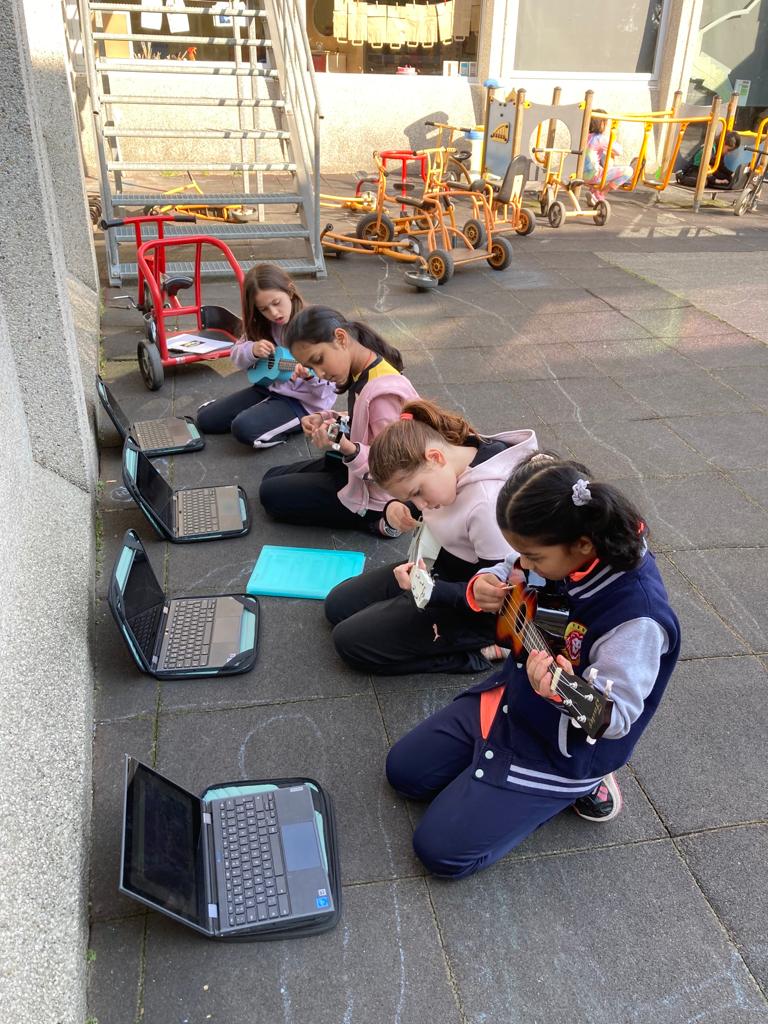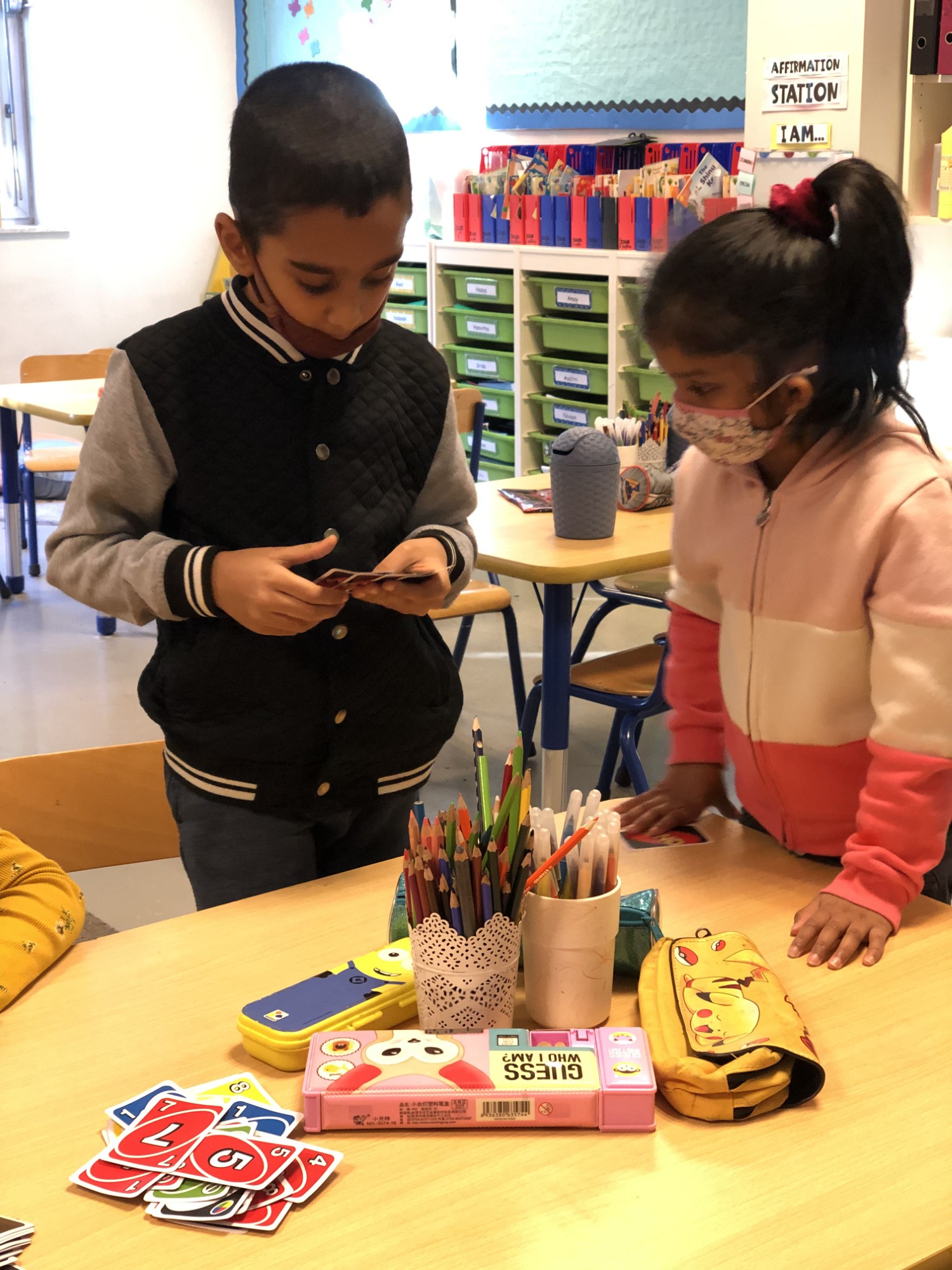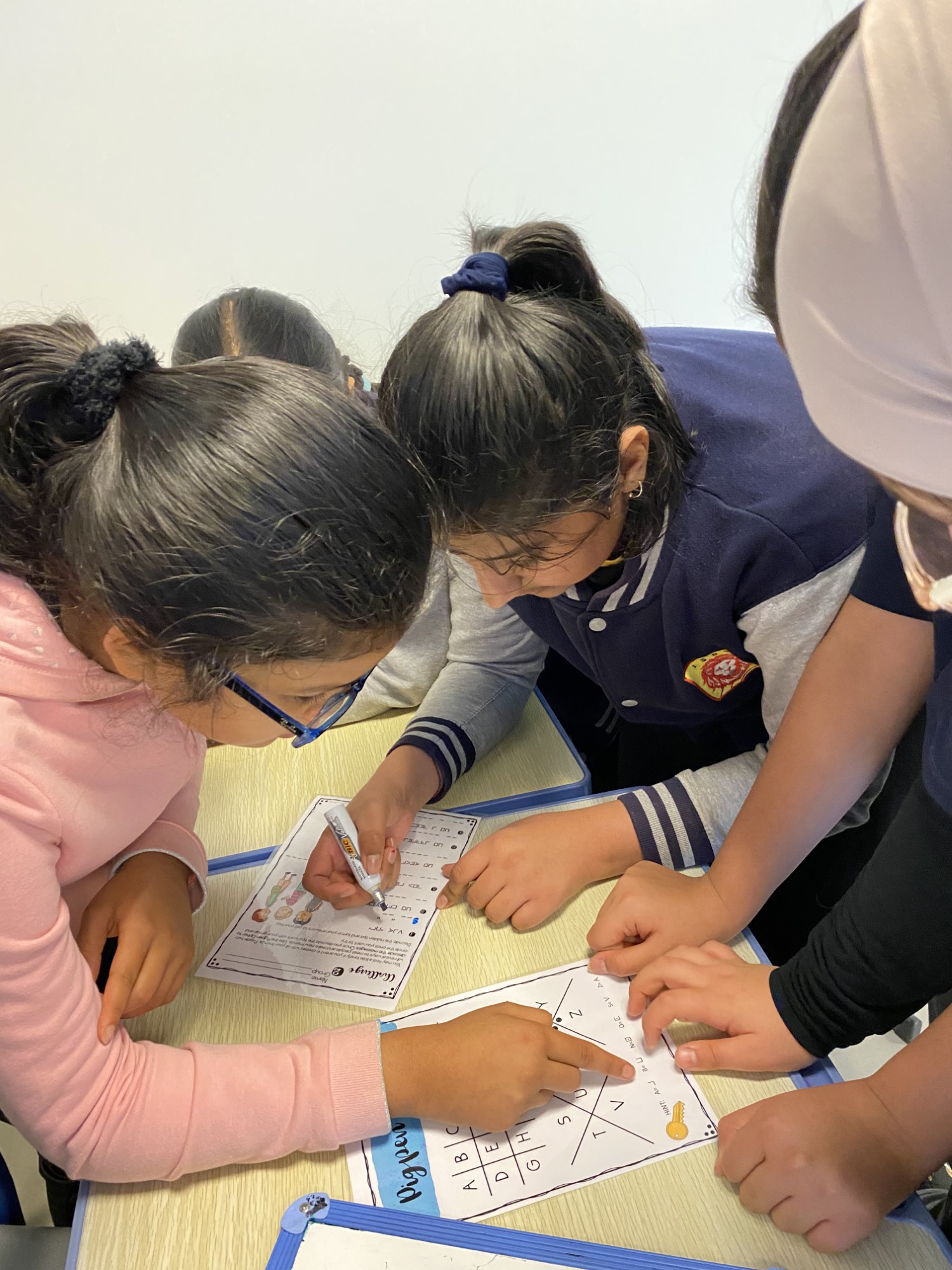PRIMARY
In this section of the school we follow the International Primary Curriculum (IPC) alongside Cambridge English and Cambridge Maths.
Through the IPC the children begin to understand how they learn and are fully motivated to achieve their best. The IPC focusses not only on Academic learning, which is a very important part of our curriculum, but also on Personal and International Learning in order to equip our children for the ever changing world of the future.
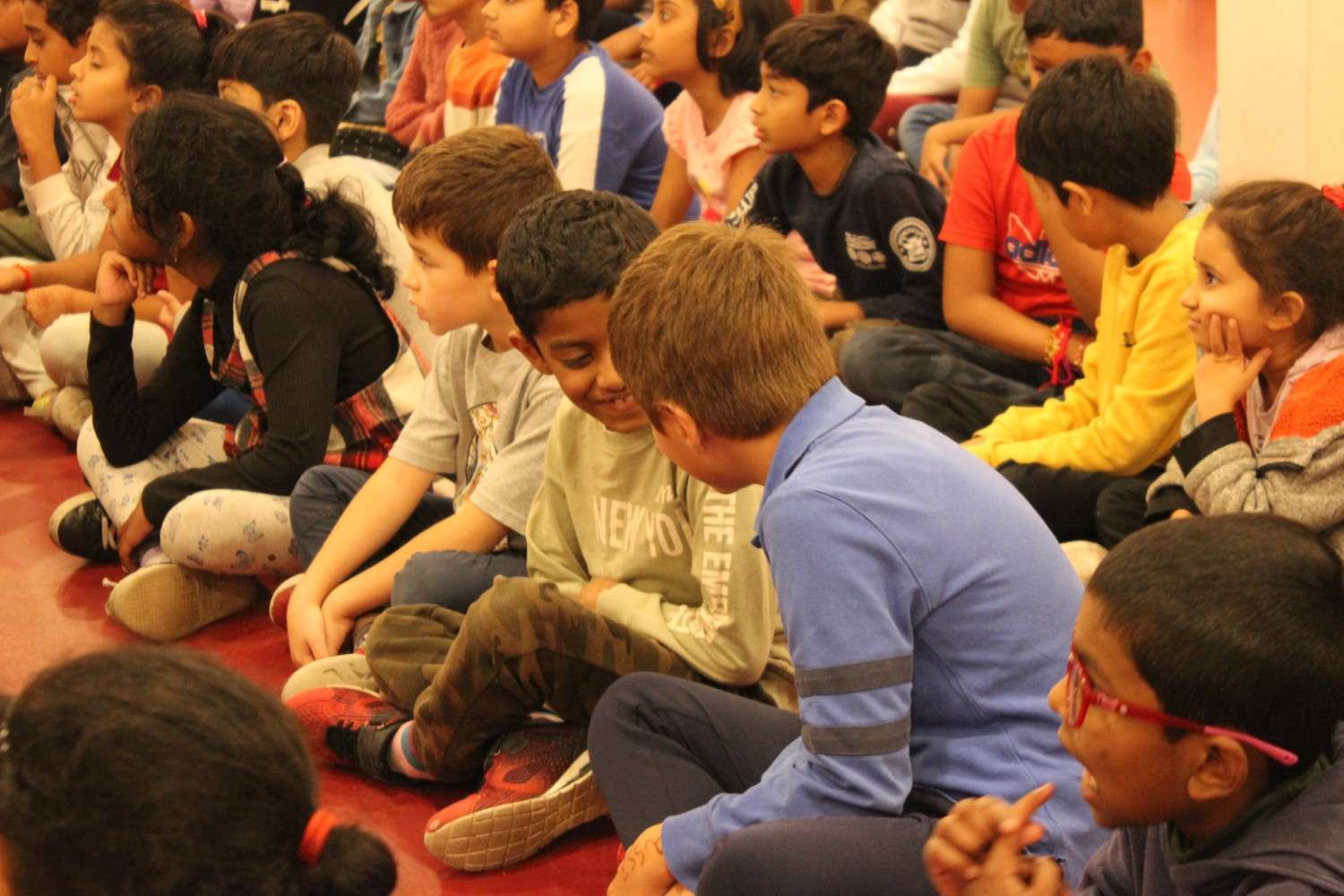
TAKE THE FIRST STEP
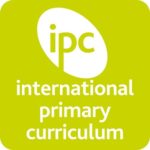
The IPC
The learning goals are the foundation on which the International Primary Curriculum is built. The IPC provides children with subject goals, personal learning goals, and uniquely, international learning goals, and these are defined for each age phase:
Ages 5-7 Milepost 1
Ages 7-9 Milepost 2
Ages 9-11 Milepost 3
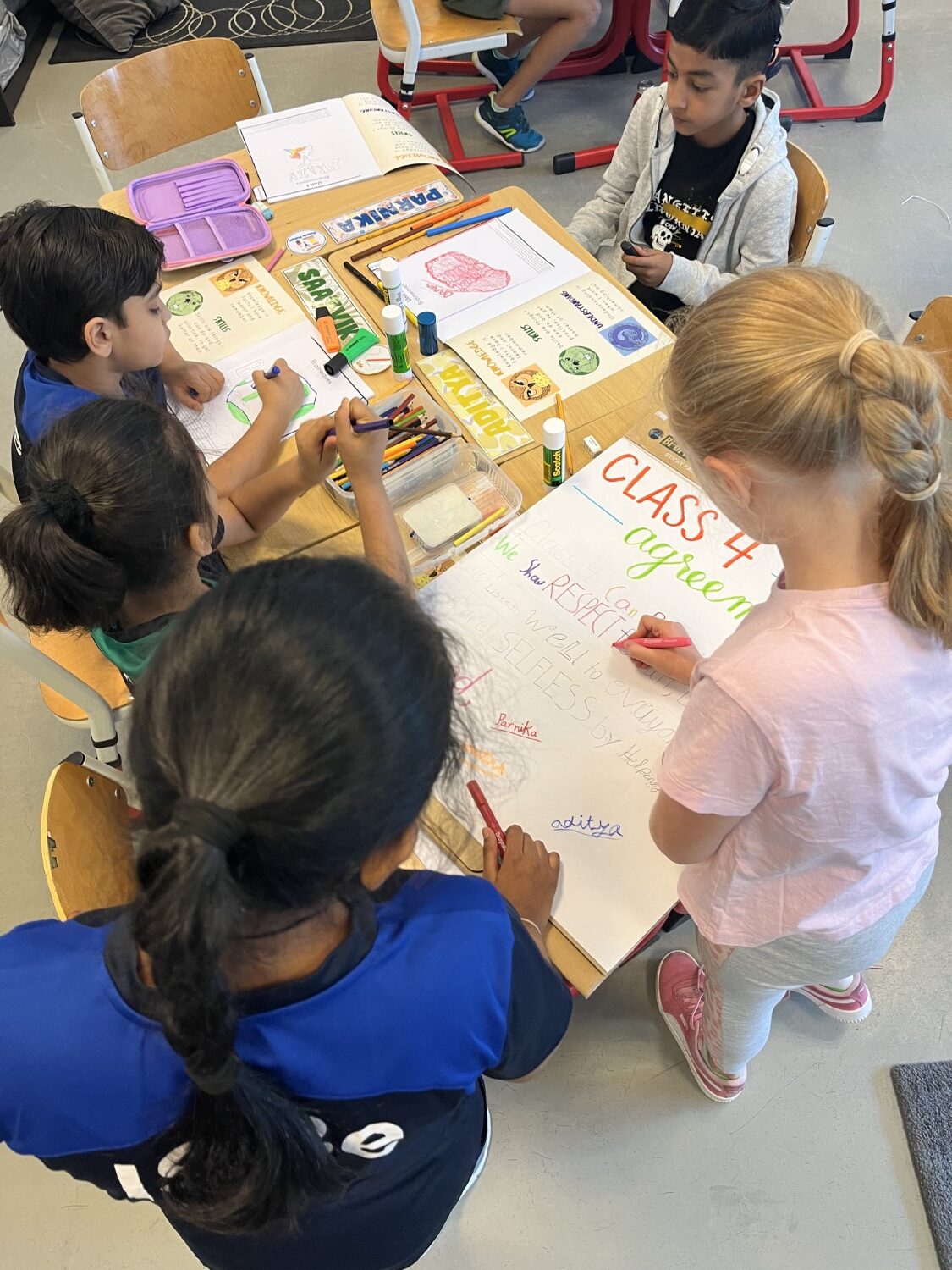
Subject goals cover the knowledge, skills and understanding of children relating to the subjects they are learning. There are subject learning goals for Language Arts, Mathematics, Science, ICT & Computing, Technology, History, Geography, Music, Physical Education, Art and Society.
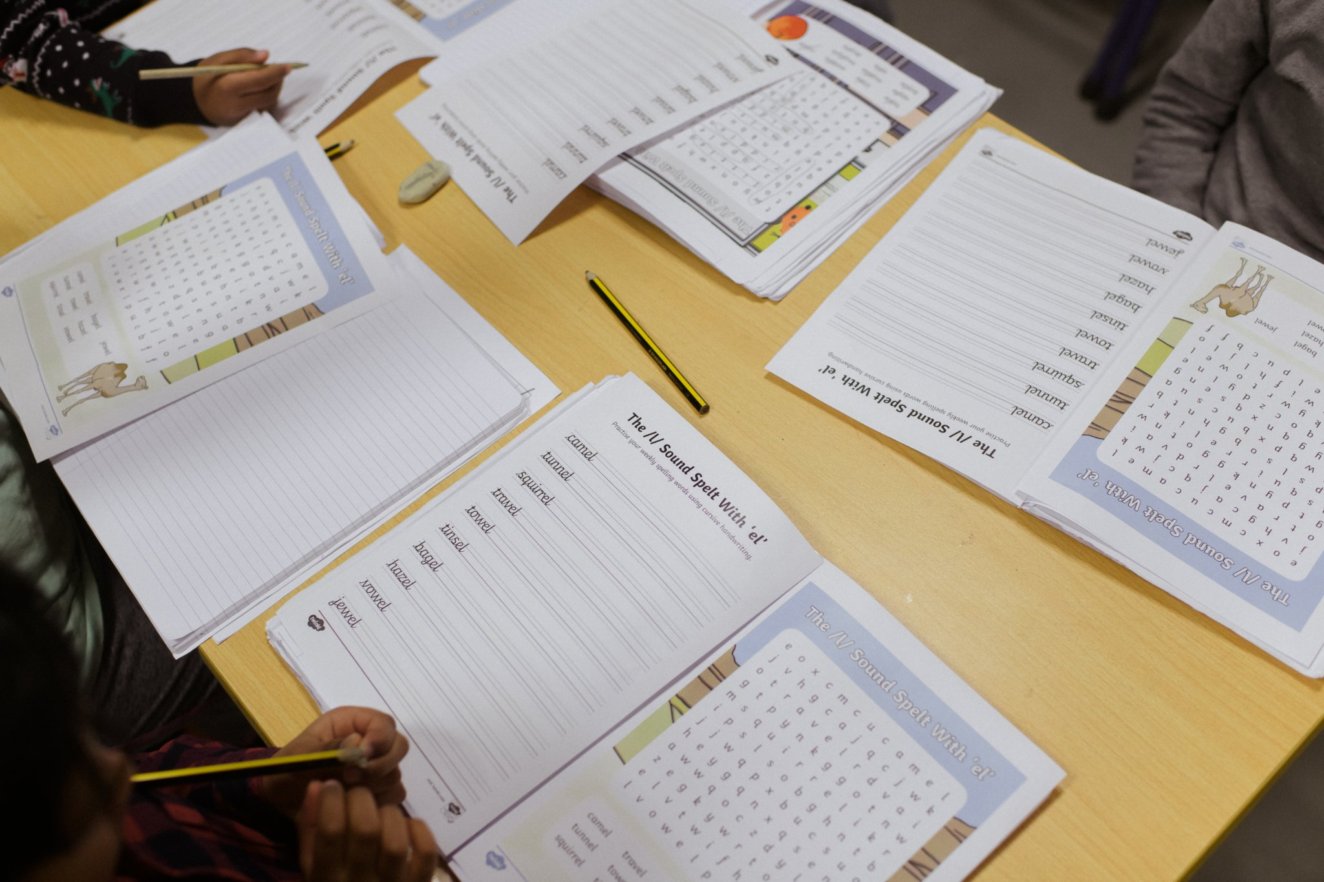
Personal goals underpin the individual qualities and dispositions we believe children will find essential in the 21st century. There are 8 IPC Personal Goals – enquiry, resilience, morality, communication, thoughtfulness, cooperation, respect and adaptability. Opportunities to experience and practice these are built into the learning tasks within each unit of work.
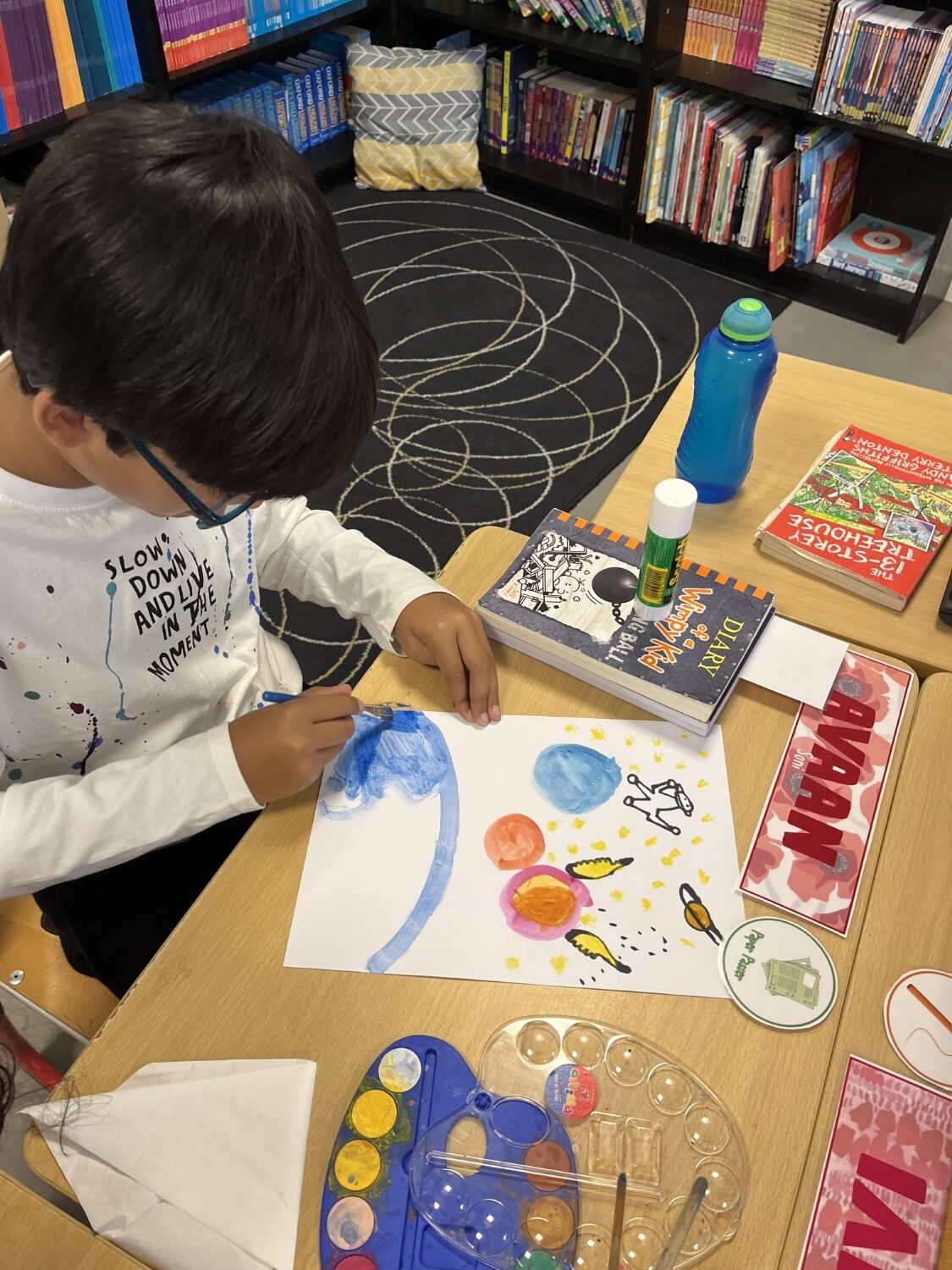
International learning goals are unique to the IPC curriculum and help young children begin the move towards an increasingly sophisticated national, international and intercultural perspective. Each thematic IPC unit includes an international aspect, to help develop a sense of ‘international mindedness’.
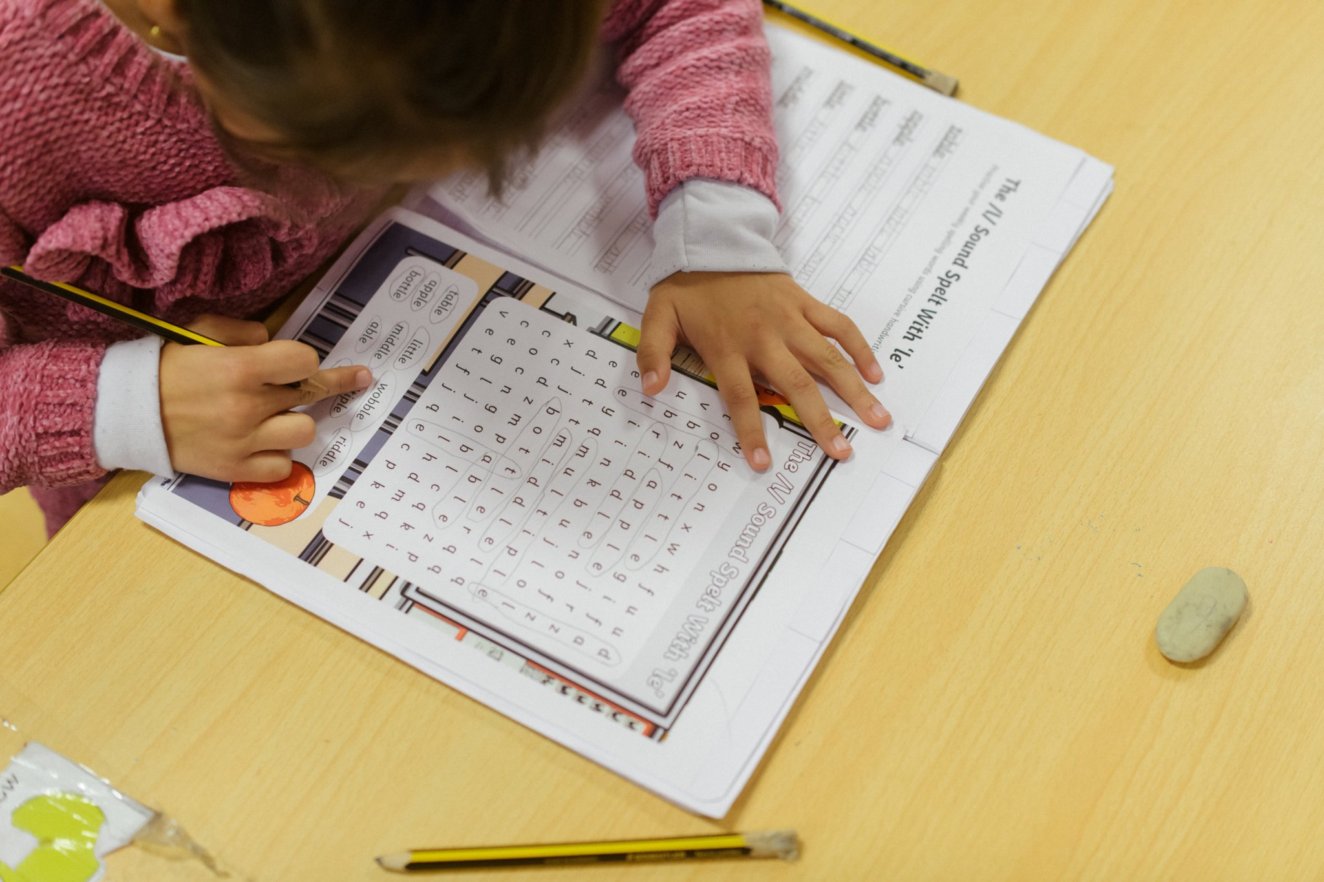
ASSESSMENT
We believe that differentiating between knowledge, skills and understanding is crucial to the development of children’s learning.
Skills cannot be assessed by tests and they can’t reliably be assessed in one single assessment. They need time, practice, and a consistent and simple process to support both teachers and learners. This is where the IPC Assessment for Learning Programme will help you.
The Assessment for Learning Programme provides:
- Assessment for learning in nine subjects: Art, Geography, History, ICT & Computing, Music, Physical Education, Science, Technology and International.
- Assessment at each milepost – 5-7 years, 7-9 years and 9-11 years.
- Three developmental stages of assessment from ‘beginning’ to ‘developing’ and ‘mastering’.
- Success criteria (or ‘rubrics’) for teachers to help identify the learning stage of each skill in each subject at each age phase.
- Similar success criteria for children, written in language that’s easy for them to read and follow. These help children take an active role in the assessment of their own learning.

CAMBRIDGE ENGLISH
The Cambridge Primary English Curriculum Framework promotes an enquiry-based approach to learning to develop learners’ confidence, creativity and intellectual engagement. The curriculum framework provides a comprehensive set of progressive learning objectives for English. The learning objectives detail what a learner should know, understand and be able to do in each year of primary education. The Cambridge curriculum is a popular one in international schools and ensures that children achieve their potential in the English language, both orally and in written comprehension.
CAMBRIDGE MATHS
The framework provides a comprehensive set of progressive learning objectives for Mathematics. The objectives detail what the learner should know or what they should be able to do in each year of primary education. The learning objectives provide a structure for teaching and learning and a reference against which learners’ abilities and understanding can be checked. The Cambridge Primary Mathematics curriculum framework provides a solid foundation upon which the later stages of education can be built.
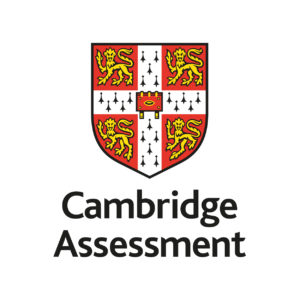
MATHS
ENROL A CHILD
ENGLISH ADDITIONAL LANGUAGE AND SPECIAL EDUCATIONAL NEEDS (EAL and SEN)
The school has teachers who can help children with language difficulties and mild learning difficulties. They offer support to these children in and out of class. They have a range of tools to help understand what those difficulties may be and also are able to recommend assessments and strategies of support for such children.
SPECIALIST TEACHERS AND PROGRAMMES OF STUDY IN THE PRIMARY SCHOOL
- The school employs specialists to support children with their development in additional languages, music and sports.
- The children learn Dutch with a specialist teacher throughout Primary and begin French in class 4, also with a specialist teacher.
- There is an extensive and varied sports curriculum using top facilities, including a heated swimming pool.
- Skilled music teachers who instruct our children in musical notation, singing and playing instruments.
- The school has a teacher librarian to ensure children can access the library effectively and a progressive programme of library skills development is in place.
- Specialist drama lessons
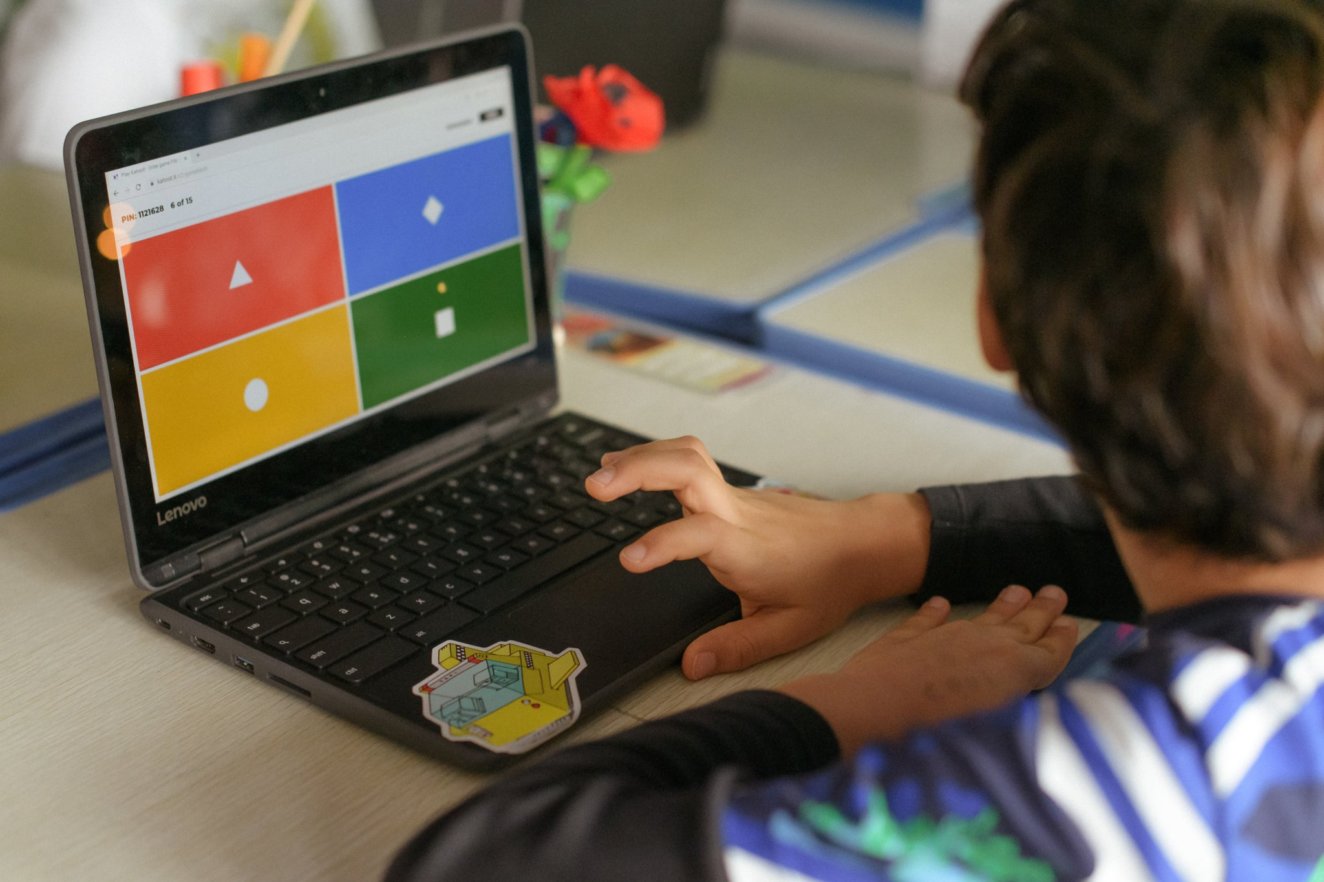
INFORMATION AND COMMUNICATION TECHNOLOGY
Children from class 4 upwards are required to purchase Chromebooks for use in school, which they will use for study purposes in school and at home. Children begin to develop computer skills from class 1 using the school ICT suite of iMacs.
